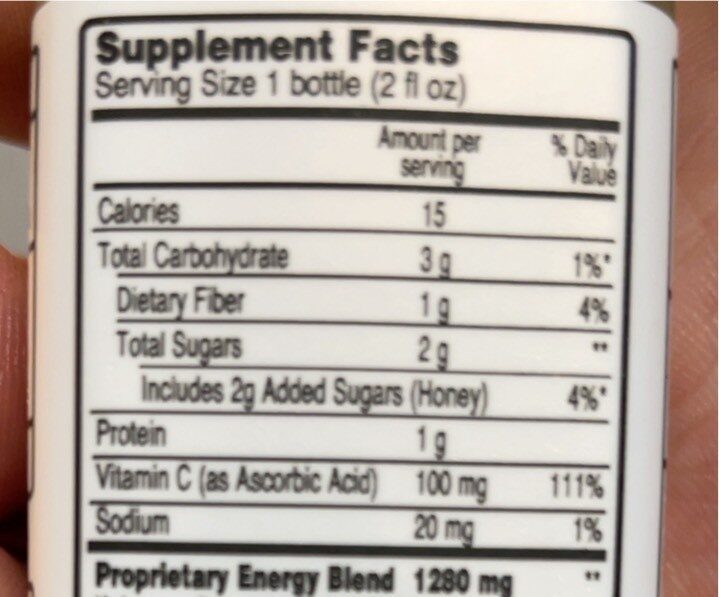
Magic Mind claims to be the world’s first productivity drink. It seems to me an increase in productivity should be easy to prove. If your widget factory produces 1,000 widgets a day you could do a controlled study comparing workers who used Magic Mind to workers who used a placebo. If the output increased to 1,500 widgets a day for the group using Magic Mind, I would be impressed. But their evidence is merely subjective, on the order of “I felt more productive”.
Each shot contains a magical combination of 12 active ingredients designed to stimulate focus, creativity, energy, and motivation while decreasing stress, oxidation, and decreases post-exercise inflammation in the body.
And they provide links to scientific studies for each ingredient. Wait a minute! Is this supplement mixture based on science or on magic? The label lists 4 types of ingredient: matcha (“ceremonial grade matcha” whatever that means) to give you energy, adaptogens (ashwagandha and turmeric) to help you relax, nootropics (Lion’s Mane Mushrooms, Choline, and Phosphatidylserine) to keep you focused, and honey because it “makes you happy”. For honey, they crow that “They found it in pyramids. PYRAMIDS!” So what?
The claims are inconsistent and incoherent. The references provided don’t support the claims. A reference for matcha and lion’s mane to support the claim that they “extend your morning energy” was not about morning energy, but about mood and cognition. It was about caffeine, L-theanine, and epigallocatechin gallate; it does not mention lion’s mane. For some ingredients they cite positive systematic reviews but neglect to mention other systematic reviews that had negative results. They say “Vitamin C and Echinacea help support the body’s immune system”, a statement that is scientifically meaningless.
This appears to be just another one of those “everything but the kitchen sink” supplement mixtures cobbled together from ingredients that seem to be supported by some cherry-picked studies in order to sell a product with the new claim of “productivity”. That’s innovative and a good marketing ploy, but to my mind it’s more “magic” than science.

